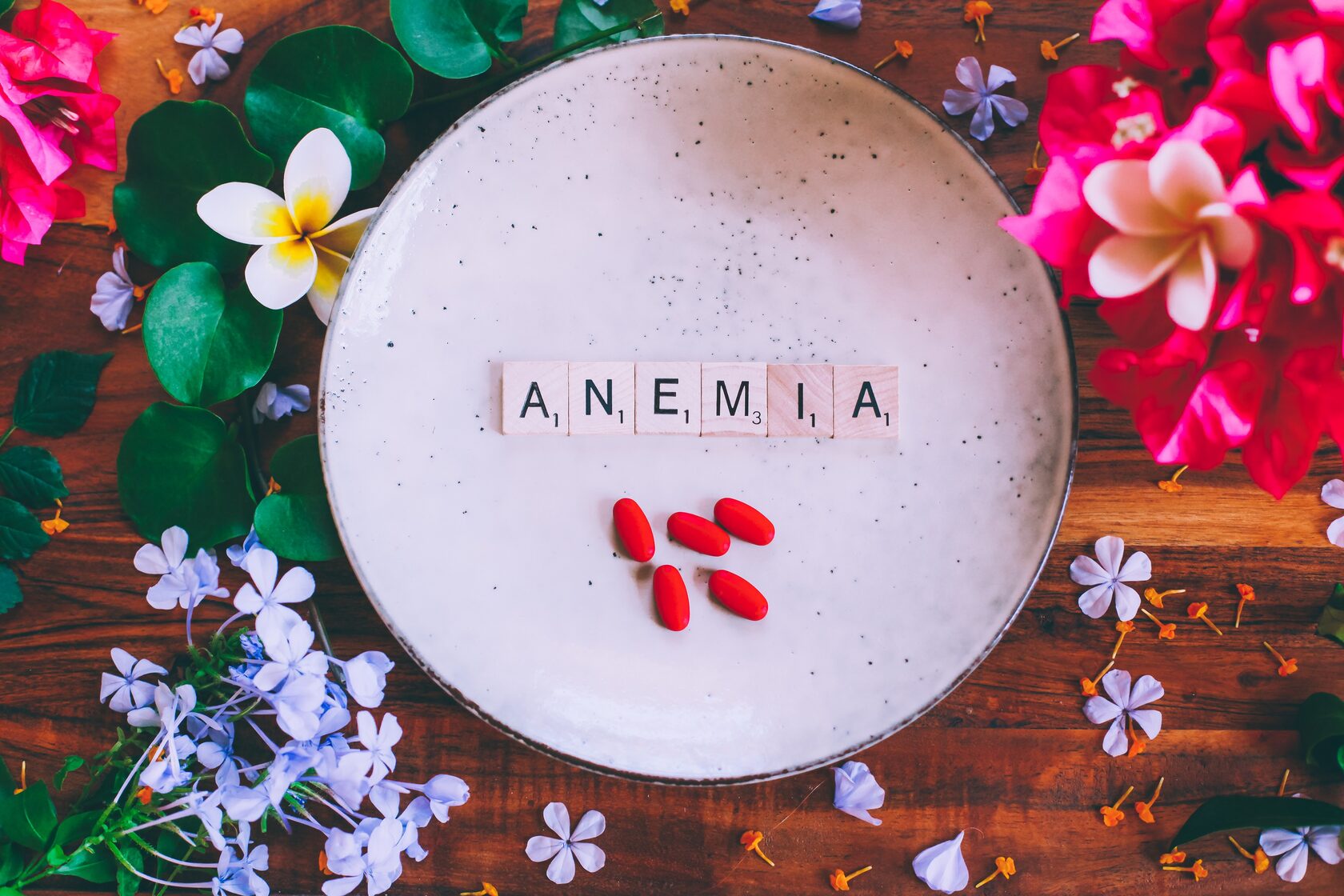Posthemorrhagic anemia is a condition caused by blood loss, which leads to a decrease in the number of red blood cells in the body and, consequently, to a lack of oxygen in the tissues. This is especially important to consider after blood loss, such as bleeding from hemorrhoids. In this article, we will discuss the signs of posthemorrhagic anemia and ways to prevent it.
Signs of posthemorrhagic anemia:
Pale skin and mucous membranes:
One of the first signs of posthemorrhagic anemia may be paleness of the skin on the face, lips, and mucous membranes. This occurs due to a lack of red blood cells, which provide oxygen to the skin and mucous membranes.
Fatigue and weakness:
Posthemorrhagic anemia can cause fatigue and weakness due to a lack of oxygen in the body. Patients may feel more exhausted and helpless even with minor physical exertion.
Rapid heartbeat and shortness of breath:
Since organs and tissues do not receive enough oxygen, the heart begins to beat faster in an attempt to compensate for this deficit. This can lead to shortness of breath even with slight exertion.
Dizziness and lightheadedness:
A lack of oxygen in the brain can cause dizziness and a feeling of lightheadedness, especially with sudden changes in body position.
Ways to prevent posthemorrhagic anemia:
Treatment and control of bleeding:
It is important to seek medical help immediately for bleeding from hemorrhoids or other sources of blood loss. Treating bleeding can help prevent the development of anemia.
Maintain a healthy iron level:
Iron-rich foods such as red meat, leafy green vegetables, legumes, and whole grains can help maintain a healthy iron level in the body and prevent anemia.
Take vitamin C:
Vitamin C helps the body absorb iron from food better. Consuming foods rich in vitamin C, such as citrus fruits, berries, and bell peppers, can help strengthen the immune system and support cardiovascular health.
Follow a proper diet:
Regular consumption of foods high in iron and vitamin C, as well as adequate water intake, can help prevent anemia.
Understanding the signs of posthemorrhagic anemia and taking precautionary measures can help prevent serious consequences of this condition. If you suspect posthemorrhagic anemia, consult a doctor for diagnosis and treatment.
